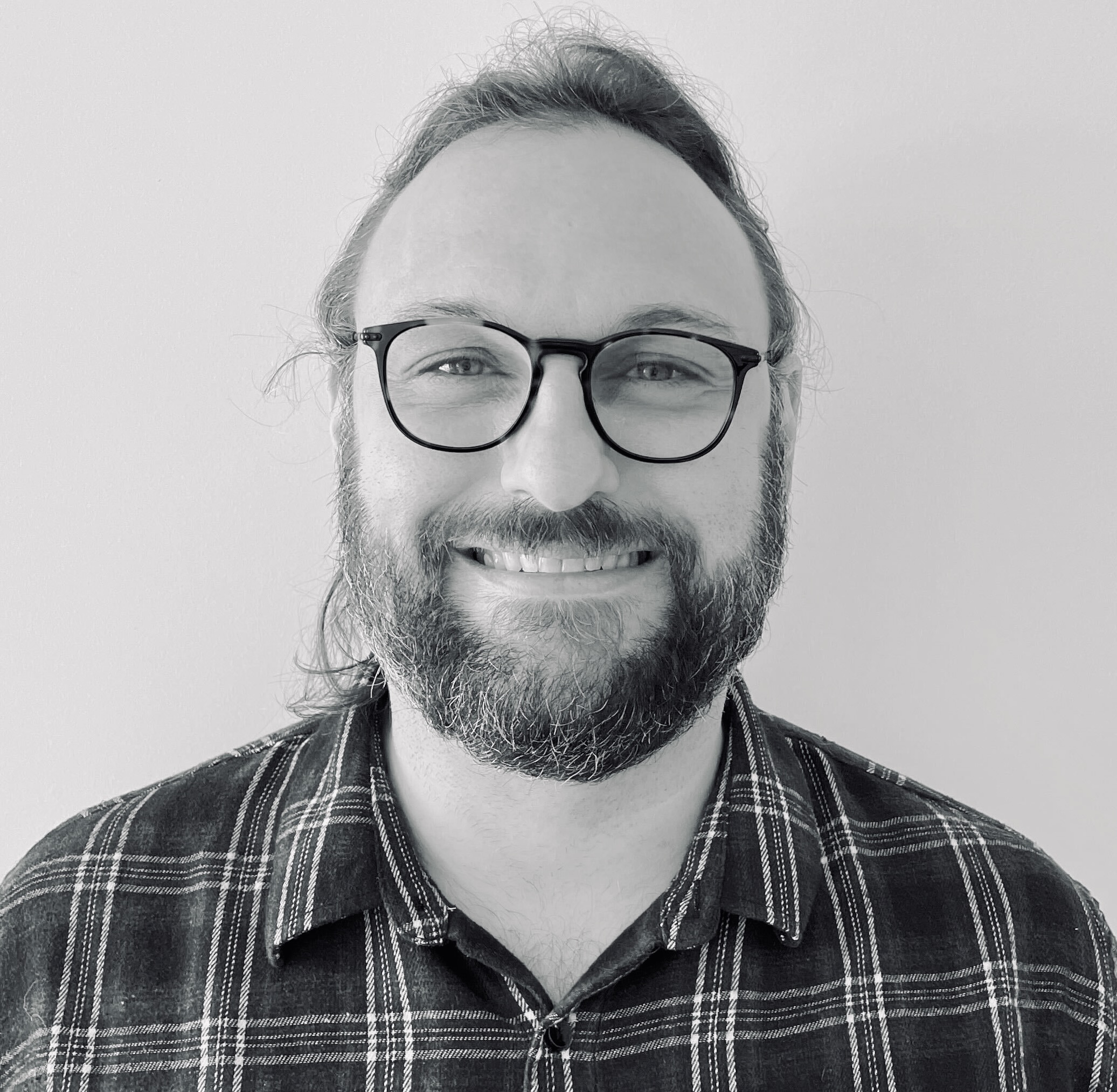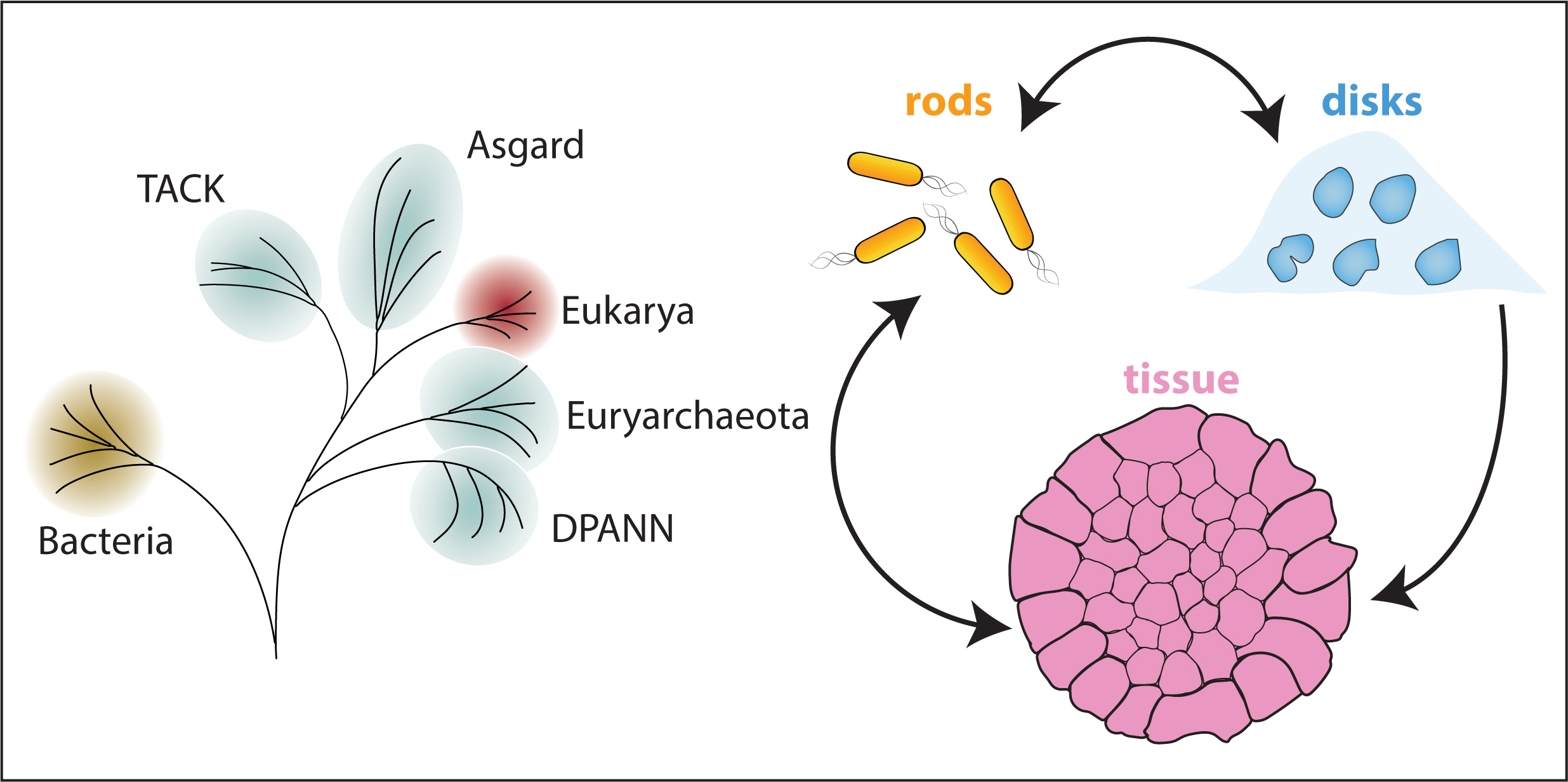
Bio:
Erica R. Glasper graduated with honors from Randolph-Macon College in Ashland, Virginia, in 2002 with a major in Psychology and a minor in Biology. Initially pre-med, Erica discovered neuroscience during her freshman year at Randolph-Macon and was selected three times as a Summer Undergraduate Research Fellow. Her research experiences, aided by keen faculty mentorship, set her professional journey in motion. Erica went on to earn an M.A. and Ph.D. in Psychobiology and Behavioral Neuroscience from The Ohio State University. During her time as a postdoctoral scholar at Princeton University, she was supported by a fellowship from the UNCF/Merck Science Initiative and the National Institute on Aging at the National Institutes of Health. In 2011, Dr. Glasper joined the faculty at the University of Maryland – College Park, in the Department of Psychology, as an Assistant Professor. Her research in behavioral neuroendocrinology takes a multidisciplinary approach to understanding how experiences can shape our brains and resulting behavior. Following success as a researcher and educator, she was awarded tenure and promoted to the rank of Associate Professor. During the summer of 2021, the Glasper Lab returned to The Ohio State University, where she joined the Department of Neuroscience and the Institute for Behavioral Medicine Research within the College of Medicine as a tenured Associate Professor. She is excited about continued research success, and her return to the Buckeye State, using a combination of behavioral paradigms along with neuroendocrine, neuroanatomical, neuroimmune, neurochemical, and pharmacological techniques in three lines of research: 1) neurobiology of parenting, 2) neuroprotective role of rewarding social experiences, and 3) enduring consequences of paternal deprivation. Her research is currently funded by the NIH and The Ohio State University Wexner Medical Center.
Abstract:
Loss of a mate results in diverse impairments in bodily and psychological health. In this study, we tested the hypothesis that disrupting a mate bond, in the monogamous California mouse (Peromyscus californicus), would increase the neuroimmune response to a peripheral inflammatory stimulus (lipopolysaccharide [LPS]) through alterations in the oxytocin system. Adult (6-8 months old) male and female mice were exposed to three experimental conditions: 1) single housed, 2) mate bonded, or 3) mate-bonded separation. Mice were either injected with a vehicle (VEH) or an intraperitoneal injection of LPS (1mg/kg) and sacrificed 4-6 hours later. While mate bond disruption did not increase anxiety-like behavior during open-field testing, physiological indices of mate bond disruption were observed. Males lost significantly more body weight following mate-bond separation, compared to the mate-bonded groups – this effect was not observed in females. Pro-inflammatory cytokine concentration (TNF and IL-1 beta) mRNA levels, measured by RT-qPCR in the hippocampus (HIPP) and hypothalamus (HYPO), were significantly enhanced in LPS-treated female mice following mate bond disruption, compared to the mate-bonded group. Mate bond dissolution did not exacerbate the LPS-induced increase in pro-inflammatory cytokines in males. Disruptions in oxytocin (OXT) signaling may contribute to the increased pro-inflammatory response in LPS-injected mice following mate bond dissolution, as HIPP mRNA levels for the oxytocin receptor (OXTR) in separated males and females were significantly decreased. Independent of endotoxic challenge, TNF and OXTR mRNA levels in separated mice were negatively correlated (as OXTR expression went down, TNF expression went up). Together, these results suggest that the effects of mate bond disruption in neuroimmune responsivity may involve alterations to OXT signaling.
Watch the seminar here!



